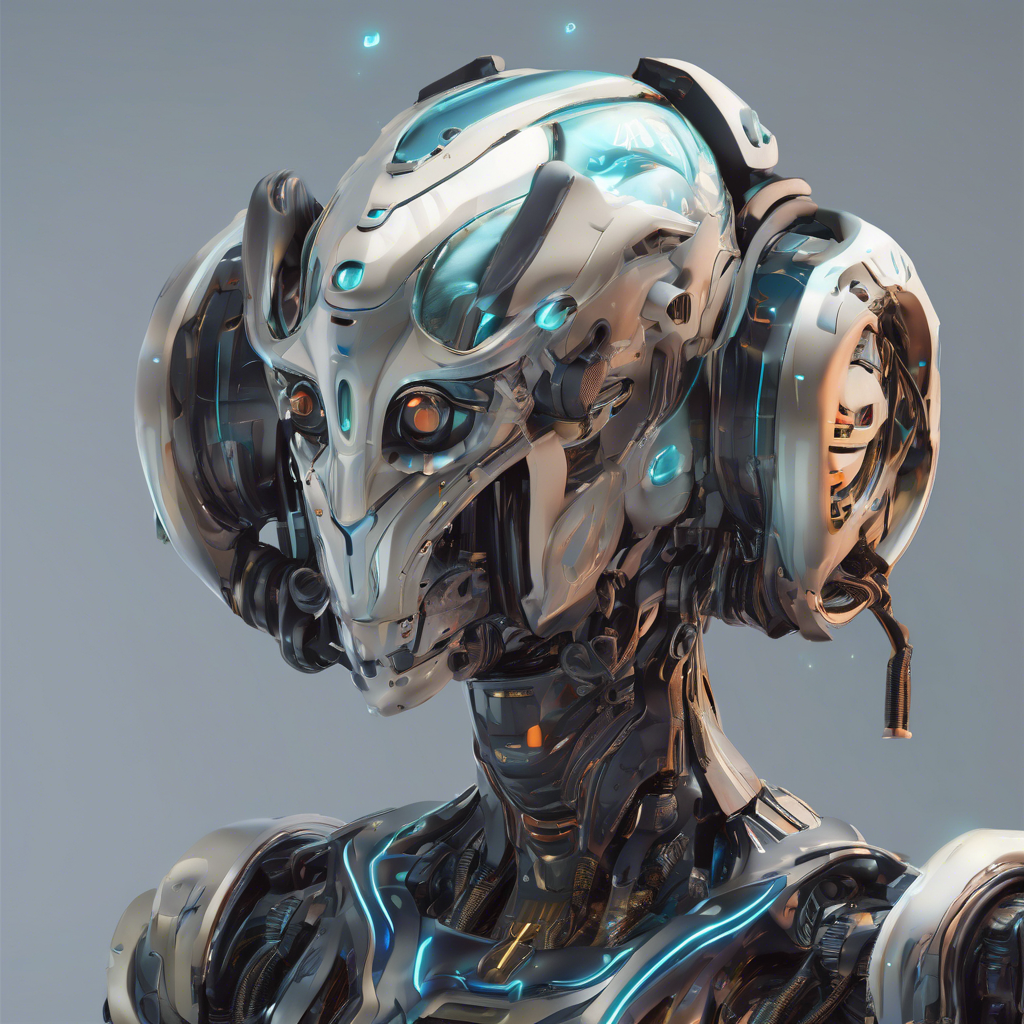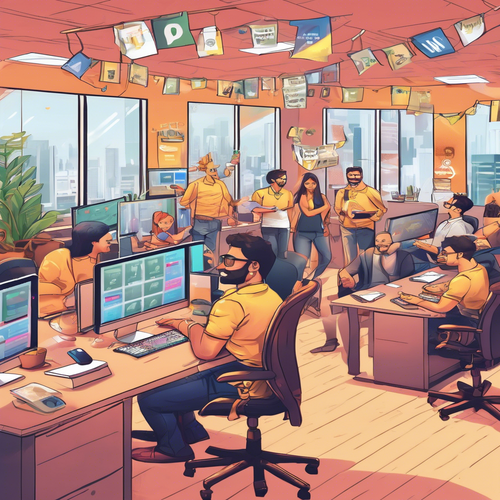OpenAI Codex: The AI Revolutionizing Code with ChatGPT
In an age where the demand for software development rises like dough in a warm kitchen, OpenAI has launched Codex, its latest innovation—a coding agent embedded within ChatGPT. This magical concoction of artificial intelligence is now ready to attempt to do what programmers have labored over for decades: to write, understand, and even debug code. But is this a boon for developers, or does it merely deepen the existential crisis that has long lingered over the world of programming? 🤔
The Conception of Codex: From Idea to Code
The birth of Codex seems almost serendipitous, a harmonious blend of technological evolution and programming necessity. It’s as if Codex was born into a world where programmers, much like tired magicians, have longed for a reliable assistant to help conjure spells of code—one that wouldn’t fizzle out with errors. Built upon the language model that powers ChatGPT, Codex extends its capabilities to understand and generate code in over a dozen programming languages. But let’s not get too excited. This development might feel like receiving a golden ticket in a world where the chocolate factory is fraught with pitfalls.
Unraveling the Irony of Automation
Upon the introduction of Codex, many hailed it as a remarkable stride towards simpler coding. Ironically, it raises profound questions about the future of professional software development. Will programmers evolve into mere overseers of AI, akin to shepherds guiding unruly sheep? Or will the artistry of code creation be diminished, leaving us with a culture of mere code consumers?
“With every leap forward in automation, there comes the question: what are we willing to sacrifice for efficiency?” reflects Dr. Evan Lichtenstein, a technology ethicist.
Practical Use Cases: The Promises and Perils
Codex brings forth a plethora of applications, each laden with its own set of promises and perils:
- Assistance for Novice Coders: Imagine entering a café and having the barista whip up your code requests as swiftly as they prepare your morning coffee. Codex can guide beginners through the complexities of programming, sparking creativity where once there was confusion. ☕
- Automating Repetitive Tasks: For seasoned developers, the mundane, repetitive tasks are akin to watching paint dry—excruciatingly slow and uninspiring. Codex can take over these tasks, allowing developers to focus on creative problem-solving.
- Debugging Help: Consider Codex as a tireless library of algorithms, ready to sift through mountains of code to identify errors or suggest improvements. Yet, there’s a pervasive anxiety: will reliance on this tool lead to less thorough understanding of the code being produced?
- Code Generation: A Double-Edged Sword: While instant code generation speeds up the development process, it also involves risks akin to a chef relying solely on pre-packaged ingredients. Could we be sacrificing finesse for speed? 🍽️
The Antithesis of Innovation: Creativity vs. Automation
The juxtaposition between creativity and automation becomes all the more striking when considering Codex. Like a painter trying to find inspiration amidst towering paint tubes, developers may find themselves caught between the allure of automated shortcuts and the artistry of original code. Is Codex a partner helping to fine-tune a symphony, or is it another instrument drowning out the melody of creativity? 🎻
Changing the Landscape: Employment and Ethics in Coding
The advancement of Codex also heralds significant implications for employment within the tech industry. The idea that an algorithm could outpace human thought is both exhilarating and unsettling. As companies rush to integrate this tool, will the skilled programmers of today find themselves in the haunting echoes of obsolescence, like musicians rendered obsolete by the advent of recorded media?
“We must balance automation with the continued necessity of human insight. Coding is more than just writing lines; it’s about understanding context,” warns Laura Timmons, a software architect.
Embracing the Future: A Call for Adaptation
As we move towards this brave new world of programming assisted by AI, there comes a need for proactive adaptation. Developers—both budding and seasoned—have the opportunity to reframe their skill sets, embracing Codex not as a threat, but as an indispensable ally in navigating the complexities of modern-day coding.
Imagine a future where Codex harmonizes with human intuition, creating a richer tapestry of innovative solutions. Adaptation, in this new age, is not just a matter of survival; it’s an evolution of the craft itself.
Conclusion: The Next Chapter in Programming
With the launch of Codex, OpenAI has undoubtedly stirred the pot of the programming world. Like an enigmatic spellcaster, Codex promises to enhance and complicate our relationship with coding. As we face the dual edges of progress—efficiency and creativity—we must ask ourselves: how will we wield these newfound tools? In the grand saga of technology, it seems what lies ahead is both promising and precarious. The journey is only beginning, as artificial intelligence embarks on its most ambitious quest yet: to code the future. 🚀




